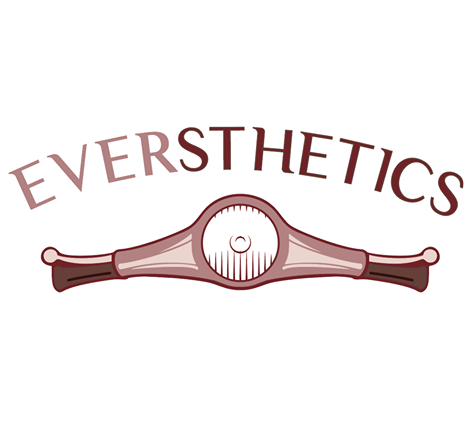Michael R. Spicher, PhD, works as a writer, researcher, editor, and philosopher. He has researched, written, and taught issues in art and aesthetics for over a decade, earning a PhD in philosophy—aesthetics, philosophy of art, and political philosophy—from the University of South Carolina. As an academic, he has published articles on beauty, taste, aesthetic experience, and state support of the arts. He is a lecturer at Boston University for the Arts Administration graduate program, teaching “Writing for the Arts.” And he is a lecturer at Boston Architectural College in the Liberal Studies Department.
In addition to his own writing projects, he currently serves as an editor for the Leonardo Electronic Almanac (published by MIT Press) and as the Aesthetics Area Editor for the Internet Encyclopedia of Philosophy. He also started a website dedicated to issues in aesthetics, called the Aesthetics Research Lab. Alongside his research, he is an artist, moving between painting and fiction writing. His work tends to circle around the basic questions concerning meaning, nihilism, and faith.
You are teaching, but you are also a writer, musician, and a painter. Could you please tell me more about your work?
I have always needed a creative outlet. While I’m a friendly person, I’m also an introvert and was a bit of a loner growing up. So, I had art. I started as a painter, then musician, and then writer. Now I do all three, though not consistently. I had a long hiatus away from painting, but I have recently taken it up again. I have started to focus more on cityscapes, and I plan to paint parts of the city (especially Boston) that people wouldn’t normally think to paint. As a musician, I play harmonica, slide guitar, and occasionally bass guitar. As should be obvious from the first two, I play blues. I have a love of blues music that began in the early 90s. Lastly, as a writer, I write on the philosophy of art and aesthetics, but I have also begun to write art reviews. I’ve tried my hand at writing fiction, but, so far, nothing has been published.
What draws you to aesthetics theory?
My entry to the world of aesthetic theories began with a side comment made by a professor over 15 years ago. He made a comment about the nature of beauty. That led to a paper on beauty for his class, which ultimately led to writing a PhD dissertation on aesthetics. I am committed to the intimate relationship between theory and practice. I believe that aesthetics can strengthen one’s practice in the arts, architecture, design, and other areas. But my core motivation is beauty.
How would you describe aesthetics?
Many people associate aesthetics with art. While there is certainly a connection, I think these should remain distinct. As a disclaimer, I am answering this question as a philosopher! Aesthetics involves the study of concepts like beauty, taste, the sublime, and aesthetic experience. Philosophy of art is concerned with the nature, purpose, and value of art.
What is your opinion about everyday aesthetics theory?
I believe aesthetics permeates many facets of our lives, and aesthetic experience is a core motivation for our actions. We seek out experiences of the beautiful and sublime. The degree of beauty, for example, will vary, but we experience beauty and other aesthetic properties on a daily basis. And our lives would be worse off without these valuable interactions. Just imagine a world of complete ugliness, people would still be able to ‘survive’ in such a world, but they would not flourish. Aesthetics in our everyday lives is not the only factor, but it is an important factor for a complete and whole life. I have started a website devoted to uncovering the ways that aesthetics impacts different disciplines, contexts, careers, and other aspects of life. I call it the Aesthetics Research Lab, and it can be found at https://aestheticsresearch.wordpress.com







5 Comments